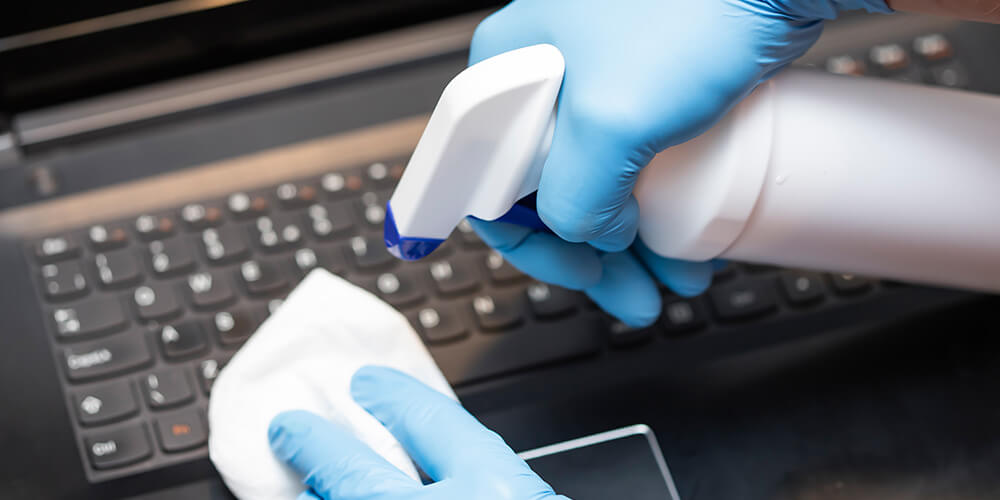Over the years, discovery practices have evolved — saving legal professionals precious time, money, and manpower. Furthermore, eDiscovery has become an unexpectedly crucial means of surviving the pandemic. While many states are reporting decreased case numbers, others still face an ongoing risk of exposure. In this article, we’re going to explore how remote eDiscovery can help you minimize health risks while ensuring that you retain access to key data.
Reimagine Data Collection
Before the pandemic, forensic experts often had to appear in person to collect information from computers, mobile phones, servers, and other relevant devices. This process is not only time-consuming, but it can also be cost-prohibitive. In order to manage cases involving multiple data holders, parties could find themselves responsible for the travel costs of their digital forensic collectors.
Under lockdown guidelines in 2020, non-essential travel became extremely difficult and physical data collection nearly ceased completely. Fortunately, remote eDiscovery tools can provide a solution that will keep your cases moving forward. So, how do you collect the necessary data?
Expand Your Reach with RACKs
By using a Remote Assisted Collection Kit (RACK), forensic examiners can access data on a device that may be thousands of miles away. The process begins with sending the physical RACK unit to the data holder. Within 24 hours, the recipient will receive the device and connect it to their computer, server, or mobile phone. Once the RACK is connected, the forensic examiner will have remote access to navigate through files and perform their data collection.
The Advantages & Disadvantages
Remote eDiscovery presents a variety of advantages and disadvantages. One of the greatest advantages is that collecting data via a RACK is forensically sound and just as defensible in court as the traditional collection approach. This method also allows you to make better use of your forensic examiner’s time and energy, which may previously have gone to physical travel.
Despite the benefits of the RACK system, it may be some time before remote discovery becomes the new standard. Unfortunately, some data simply cannot be accessed remotely due to existing security measures. including encryption, two-factor authentication, and blocking access to USB ports. Lastly, we must acknowledge that certain litigants and parties may not be able to connect with the RACK technology. While the actual connection is a simple task, it can pose a challenge for individuals with a low degree of computer literacy.
Final Thoughts
Thanks for reading! We hope we’ve been able to shed some light on this lesser-known eDiscovery option. Remote discovery methods can help you cut costs, reduce staff workload, and avoid the risk of COVID exposure during travel. At First Legal, our experts are prepared to assist you with both remote and traditional discovery methods.






